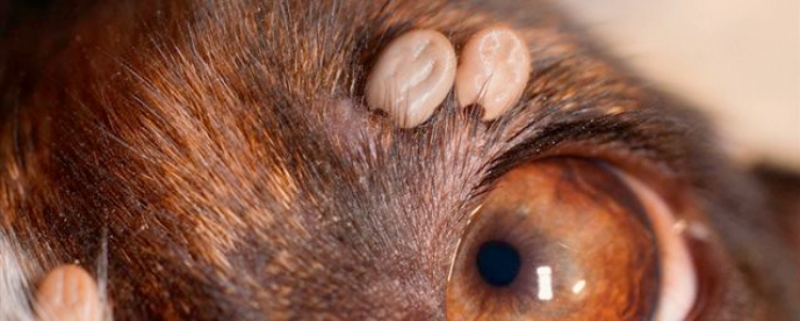Paralysis Ticks
Spring marks the start of the paralysis tick season, so now is the time to be extra vigilant protecting and checking your pets for ticks. Most cases are seen in cats and dogs but other species can be affected too, including humans.
Paralysis ticks are parasites that feed on animals. They are very dangerous as the female ticks inject a neurotoxin into the host when they feed. This toxin causes progressive paralysis, dilation of the oesophagus (causing regurgitation), loss of ‘voice’, loss of gag reflex, respiratory failure and can cause death. The life cycle of the paralysis tick is very long and the females can feed for up to 21 days, meaning your pet may carry a tick for many days before showing symptoms. Bear in mind, even if you do not take your pet on holidays with you, paralysis ticks can catch a ride home in your luggage or on their clothes and make their way onto your pet when you return home.
If you are planning a trip out of town, check with your local vet to see if you need tick preventatives for your pet. They will be able to guide you to choose the best product for your pet, provide helpful tips to reduce the tick risk and teach you how to perform all important daily tick searches.
If you suspect your pet may have symptoms of tick paralysis or you are not sure if a tick might be attached to your pet, contact a veterinarian immediately. Tick paralysis can be readily identified by a veterinarian, safely removed and the condition treated if veterinary assistance is sought promptly.
For more information please read our Paralysis Ticks and Preventative Treatment

